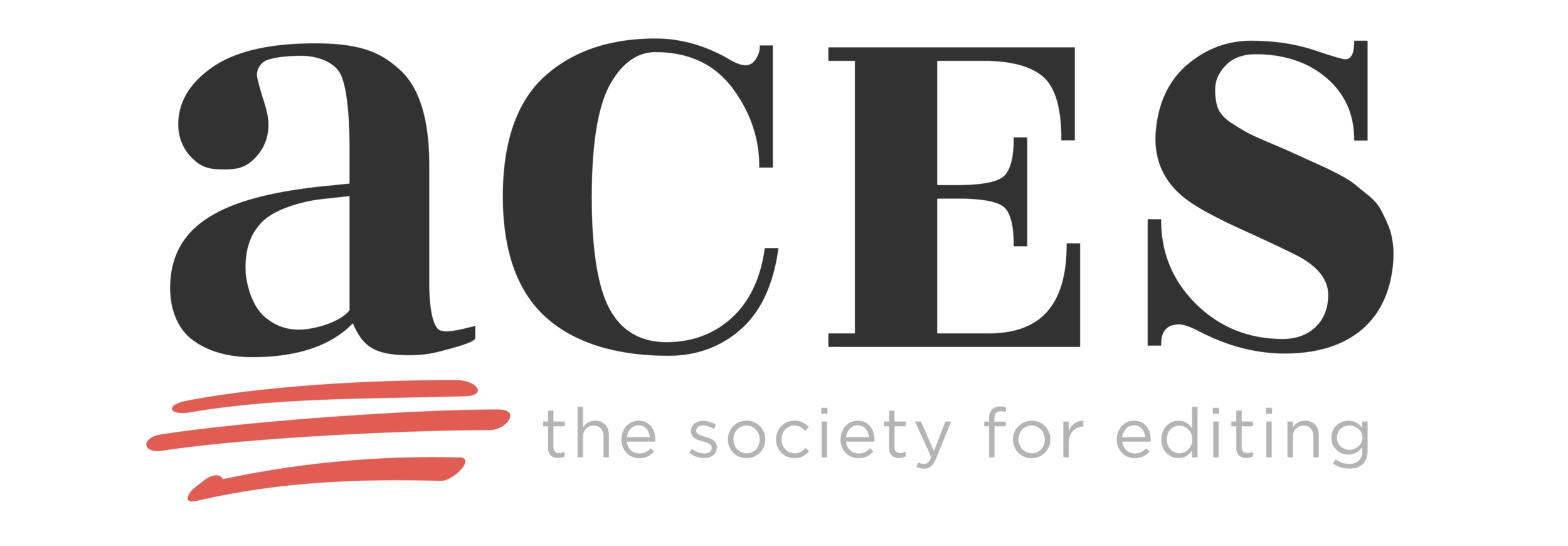Resume Writing Tips
/Your resume is the first step in selling yourself to a potential employer, and your goal is to show them why hiring you will benefit the organization. Your resume should share your most relevant achievements, experience, skills, and background in an easy-to-read, brief, and straightforward way.
Your Resume Must Work for Humans and Computers
As you follow these resume writing tips, it’s helpful to understand the journey your resume will take with most potential employers. Whether you apply for a job via an online board, hand your resume to someone at a career fair, or share your resume with a contact who works at an organization, your resume will probably go into a gigantic online filing system.
You might add it into the system yourself by uploading it, or someone else might add it to the system by scanning a paper resume. These applicant tracking systems, as they’re called, store thousands (in some cases, millions) of resumes. The company will input a description of an ideal candidate – which might include previous experience in the industry, specific skills, or education – and the system will offer up a group of resumes that it thinks are the closest match to that ideal.
This is usually the first set of resumes a recruiter or hiring manager will look at. Any appealing resumes might be passed up the hierarchy for additional opinions. They might be shared with a group, such as business partners or the members of a department. If your resume is notable enough, you’ll get a call from a recruiter or a hiring manager. Interviewers will typically have your resume in front of them and might be making notes on it as you talk. If you’re called for an in-person interview, you may hand out your resume to additional managers, potential future peers, and others.
As you can tell, your resume must impress two very different markets: digital tracking systems and humans. These resume writing tips will help you get through to both.
1. Use Keywords That Mirror the Job Postings That Interest You
Gather job postings that interest you and note the language they use to describe the position, as well as the experience and skills the company is looking for. Use these keywords in your resume when it makes sense, such as in the headline, when describing your skills and when describing accomplishments at a past job.
Here’s an example: If a company says they’re looking for a “training specialist,” then the headline on your resume should say “Training Specialist,” not “Business Trainer.” (What’s a resume headline? See resume writing tip #8.)
Why Use Keywords From Job Postings On Your Resume?
Digital tracking systems will prioritize resumes that match keywords in the job posting. These will be the first resumes that a recruiter or hiring manager reads.
Recruiters or hiring managers are human – they will skim resumes and their brains will pick out keywords that match what they’re looking for.
If you aren’t matching your language to current industry language, you’ll seem out-of-touch.
2. Review Resume Examples From Your Industry
Many job search sites have collections of sample resumes from a variety of industries. Browse through samples for your industry, preferably those of people with similar levels of experience. Note the language, style, and sections in resumes from your industry. Don’t copy the resumes or try to make yours conform. But do use other resumes for both inspiration and information. Everyone needs a place to start from, and sample resumes can be just what you need.
Read More








